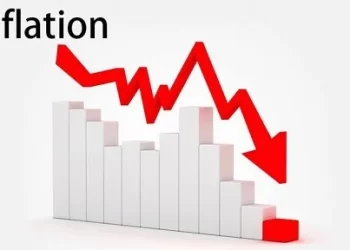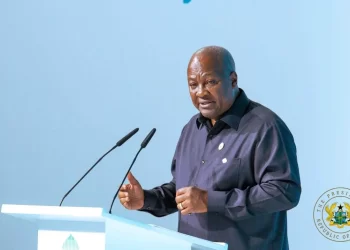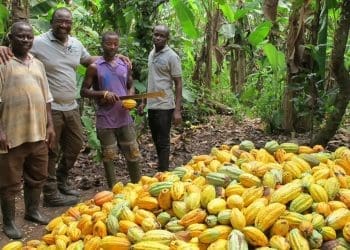Ghana Gold Board (GoldBod) has achieved a landmark milestone — generating approximately US$8 billion in foreign exchange from small-scale gold exports alone between January and 15 October 2025.
If confirmed, this figure underscores the vast potential of regulated artisanal mining under streamlined institutional oversight — and marks a turning point in Ghana’s quest to formalise and maximise gains from its gold sector.
GoldBod takes charge
GoldBod was established in 2025 under the GoldBod Act (Act 1140) to centralise and regulate the gold trade in Ghana, particularly in the artisanal and small-scale mining (ASM) sector.
Its mandate is comprehensive — granting it exclusive authority to buy, assay, grade, export, license, and enforce traceability for gold produced by licensed small-scale miners.
One of the most consequential provisions of the law prohibits foreign entities from directly trading in artisanally mined gold in Ghana. Instead, they must transact through GoldBod. This measure aims to curb smuggling, reduce revenue leakages, and increase forex inflows through official channels.
Drivers of success
Several key factors underpin GoldBod’s early success:
Elimination of middlemen and smuggling channels
By centralising gold trade under a single authority, GoldBod has significantly reduced the leakages that once plagued the system.Traceability and accountability
Comprehensive traceability measures now ensure every ounce of gold can be tracked from mine to export — a deterrent to illicit trade.Strategic partnerships with large-scale miners
GoldBod has struck agreements to purchase up to 20 percent of output from select large-scale mining firms, boosting its export capacity.Strong oversight and enforcement
A national anti-smuggling task force, backed by security agencies, has been deployed to stem illegal flows.Favorable global gold prices
The sustained global gold rally throughout 2025 has further amplified export values and foreign exchange earnings.
Challenges and risks ahead
Despite the strong performance, several challenges remain:
Volatility in global gold prices
Heavy dependence on gold exposes Ghana to international market fluctuations that could erode gains.Potential conflict of roles
GoldBod’s combined regulatory and commercial powers could create governance risks if transparency is not maintained.Persistence of informal mining
Many artisanal miners still operate outside the licensing framework, limiting the full reach of reforms.Environmental and social concerns
Even under formal oversight, small-scale mining continues to pose environmental risks, including deforestation and water contamination.Sustainability of export momentum
Maintaining the current growth pace will require consistent compliance, strong oversight, and supply-chain discipline.
What the $8 billion means for Ghana
Stronger foreign exchange reserves
The inflows help shore up Ghana’s forex buffers, reduce external vulnerabilities, and enhance macroeconomic stability.Improved balance of payments
Increased export earnings ease current account pressures, offering much-needed relief to the cedi.Fiscal leverage
Additional gold revenue expands fiscal space for infrastructure, human capital, and debt management.Investor confidence
The success of GoldBod signals a credible, transparent framework that can attract more responsible investment.Continental benchmark
Several African finance ministers have already cited GoldBod as a model for resource governance and regulatory reform.
Opportunity for inclusive growth
If validated, the US$8 billion in foreign exchange from small-scale gold exports in less than ten months represents a transformative milestone for Ghana’s mining sector.
It demonstrates that with formalisation, accountability, and robust institutional control, artisanal mining can evolve from a shadow economy into a pillar of national development.
To sustain this progress, Ghana must:
Strengthen governance and transparency within GoldBod
Continue the fight against illegal mining
Promote value addition through refining, certification, and jewellery production
Diversify exports to reduce dependence on gold
Enforce environmental and community protection measures
With discipline and vision, Ghana can transform its gold wealth from a fleeting windfall into a lasting foundation for inclusive and sustainable growth.













